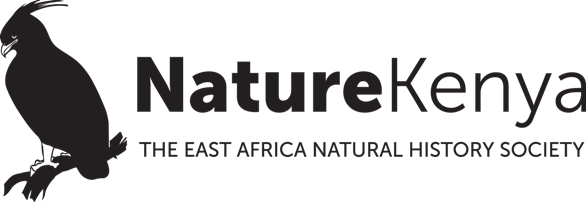A recent expert study recommends the immediate banning of the pesticides listed below, that are harmful to human health and the environment.
The study was presented by: Biodiversity and Biosafety Association of Kenya (BIBA-K) , Kenya Organic Agriculture Network (KOAN) , Resources Oriented Development Initiatives (RODI) and Route to Food Initiative (RTFI).
Carbofuran is banned in the United States of America and Europe. Also ‘technically’ banned in Kenya but still available. It is widely used to control insects on a wide variety of crops. Carbofuran is one of the most used insecticide in illegal and intentional poisoning of wildlife, including vultures, in East Africa. Listed as a highly hazardous product.
The following chemicals are recommended for immediate withdrawal:
Acephate is used to control of armyworm on maize. Highly toxic to humans, mammals, birds and honeybees. Sold in eight products in Kenya. Listed as a highly hazardous product.
Bifenthrin is used to control of aphids, whiteflies, thrips, caterpillars, leaf miners, spider mites, bollworms and diamond back moth on french beans, snow peas, citrus, barley, tomatoes and onions. Listed as a highly hazardous product.
Dichlorvos is registered In Kenya in only one product to control mites, aphids, thrips on coffee. Listed as a highly hazardous product.
Carbaryl is an obsolete insecticide. In Kenya it is registered in only two products to control aphids on citrus, grapes and tomatoes. Listed as a highly hazardous product.
Chlorpyrifos (CPS) is registered in 25 products. It is not allowed to be applied on vegetables. It is only registered for control of various insect pests on barley, maize, wheat and pineapples. Despite this, it is one of the most used pesticides by farmers in Kirinyaga and Murang’a on kale, maize, tomatoes, melon, avocado, sweet potatoes, cabbage, rice and coffee. Listed as a highly hazardous product.
Permethrin is a contact insecticide. It is registered in three products to control maize stalkborer and other insects in stored grains. Listed as a highly hazardous product.
Dimethoate is an insecticide registered in 13 products to control various insect pests on coffee, potatoes, tobacco and cotton. Although it in not registered for foliar spay in vegetables and fruits, some farmers in Kenya are using it on cabbage, maize and tomatoes. Listed as a highly hazardous product.
Omethoate is a systemic insecticide and acaricide, available as a soluble concentrate. It is the breakdown product of dimethoate but also sold in one product in Kenya. Listed as a highly hazardous product.
Imidacloprid is an insecticide registered in 42 products to control a variety of insect pests on various crops. Farmers use it regularly on a wide range of crops, including coffee, cabbage, kale, maize, tomatoes, French beans, chillies, sweet potatoes, coriander, melon, spinach and beans. Listed as a highly hazardous product.
Thiacloprid is an insecticide registered in one product to control sucking and chewing insect pests on chillies, eggplant, tomatoes and onions.
Malathion is a broad-spectrum insecticide. It is registered in 13 products to control a wide range of sucking and chewing insects on various crops. Farmers are using malathion on cabbage, maize, kale, tomatoes, avocadoes, sweet potatoes, cucumber, rice, beans and melons.
Pymetrozine is an insecticide, registered in two products to control aphids, white flies and thrips in cabbage, kale and beans.
The following chemicals are recommended for phased withdrawal:
Abamectin is an insecticide used to control of red spider mites, leaf miners, thrips, aphids on tomatoes, cabbages, french beans, broccoli, snow peas, potatoes and chilies. Sold in 38 products in Kenya. Listed as a highly hazardous product.
Deltamethrin is an insecticide and veterinary treatment that is approved for use in the EU, Australia and the US. In Kenya, it is registered in 10 products to control a wide range of pests on a wide range of crops including french beans, barley, wheat, maize, citrus, onions, tomatoes, cabbages, peas, broccoli, cucumber and pepper. Listed as a highly hazardous product.
Gamma-Cyhalothrin is a broad-spectrum insecticide and is registered in one product to control sucking insects on french beans. However, Lambda-Cyhalothrin is registered in many more products and is regularly used by farmers. Listed as a highly hazardous product.
Fenitrothion is an insecticide that is registered in four products to control sucking and chewing pests on maize and wheat, mainly on stored grains. However, some farmers in Kenya also apply it to control pests on tomatoes, mangoes, sweet potatoes, rice, coffee, kale and maize. Listed as a highly hazardous product.
Oxydemeton-methyl Also known as, methylmercaptophos oxide, it is registered in two products to control a variety of sucking and chewing insect pests on citrus, wheat, potatoes, maize and barley.
